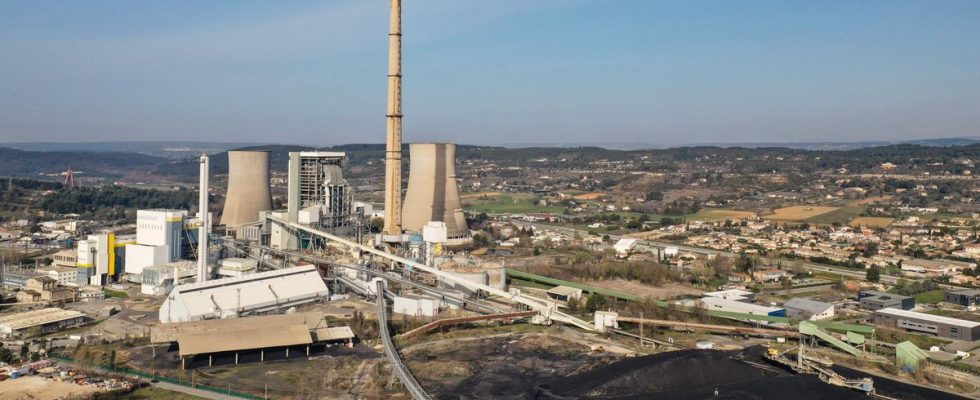In accordance with a decision of the Council of State, the Gardanne biomass plant, the largest in France, will have to study the indirect effects of its activity, in particular on forests, according to a decision published Friday by the administrative court of appeal of Marseilles.
Justice leaves one year to GazelEnergie to carry out this new impact study and to the prefect of Bouches-du-Rhône to then conduct a complementary public inquiry, before deciding on the authorization to operate the site, details the justice in its judgment which AFP consulted.
The FNE welcomes “a major advance in environmental law”
“This judgment constitutes a major jurisprudential advance in environmental law, in continuity with the decision rendered by the Council of State in this case,” reacted France Nature Environnement (FNE) Paca, one of the complainant associations, considering that this is “a revolution in the world of design offices”.
In March, the highest administrative court recalled that an industrial site must assess the direct but also indirect effects of its installation on the environment. Concretely, this decision will not change anything for the moment for the former Gardanne coal power station being converted, operated by GazelEnergie, a subsidiary of the EPH group owned by Czech businessman Daniel Kretinsky.
“The operation of the site can continue”
“The operation of the site can continue, because there is a stay of proceedings. We have 12 months to complete the impact study, we have already started to do it and this can be regularized,” responded a spokesperson for GazelEnergie, contacted by AFP.
With a power of 150 megawatts, this plant should ultimately provide 6% of the electricity production of the Provence-Alpes-Côte d’Azur region, by consuming 850,000 tonnes of biomass – largely wood.
A power plant shut down waiting for it to get cold
Biomass must contribute to the energy transition, but the Gardanne plant is criticized by environmental associations for its gigantism. FNE estimates that the exploitation of this site “provides for the felling of hundreds of thousands of trees per year, their transport over several hundred kilometers, to produce electricity which will cost three times the market price” — as many arguments refuted by the State in particular.
The new study must “indicate the list of all local or regional forest areas”, specifying “their location, the quantities used, the wood species concerned, the types of felling carried out as well as the impacts on these areas in terms of landscape , natural environments and biological balances,” details the administrative court of appeal.
“For biomass from abroad, the impact study must at least indicate the country of origin, the location in this country, the quantities used, the species of wood concerned and the types of cutting carried out,” adds she said. Currently, the plant is shut down. “We are waiting for it to get cold” to resume production, said the spokesperson.

